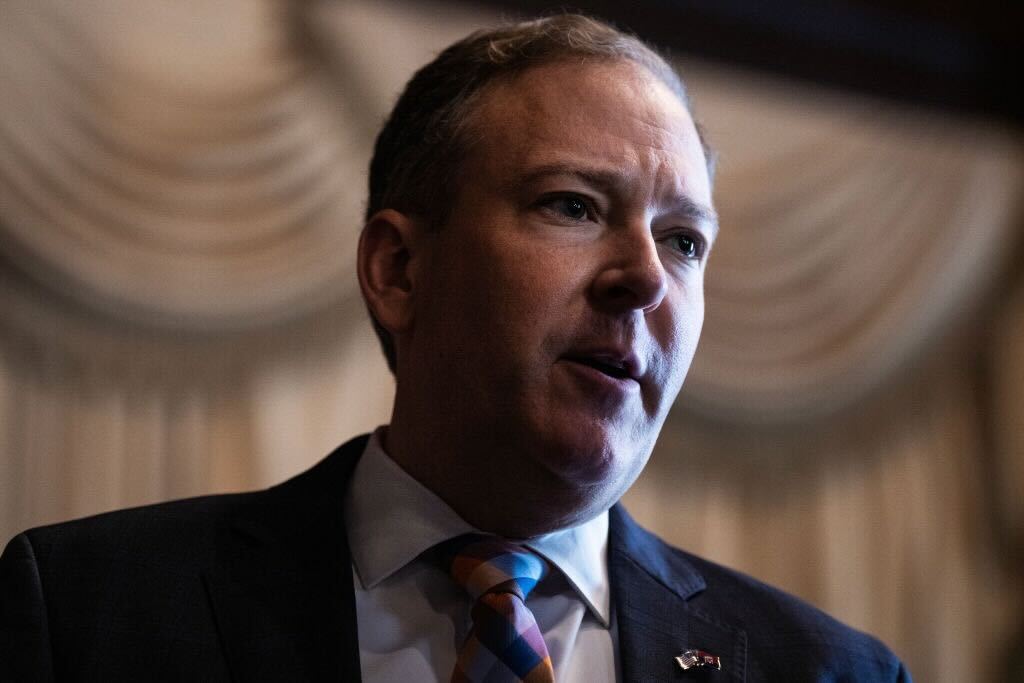EPA administrator vows to restore environmental justice in vulnerable communities: "These people have been ignored for decades"
The Environmental Protection Agency is vowing to address environmental justice concerns throughout marginalized communities with a series of actions announced Wednesday. Some vulnerable populations in the South could begin to see changes "immediately," according to EPA Administrator Michael Regan.
"These communities deserve to know what's in the air they're breathing and what's in the water that they're drinking," Regan told CBS News' Major Garrett Thursday. "And they deserve to know in real time."
The EPA will hold polluting facilities accountable through mobilizing resources to invest in air monitoring and conducting unannounced inspections of facilities. The EPA also outlined community-specific actions to be taken to address community concerns.
The agency's policy actions come following a tour through towns in Mississippi, Louisiana and Texas to learn about and protect communities from pollution. Regan said the agency focused on marginalized communities within the three southern states because of the persistent environmental justice concerns they have historically faced. According to the EPA, low-income and minority communities are "more likely to be impacted by environmental hazards and more likely to live near contaminated lands."
"These people have been ignored for decades, and we really wanted to put faces on these issues that we have heard so much about," the administrator said.
He admitted that agencies across all levels "have to do better," but noted Thursday that the Biden administration has made environmental justice a "centerpiece" to its work.
The latest actions from the EPA will also make $20 million grants from the American Rescue Plan available for improving air quality in vulnerable communities, the EPA said. The agency also unveiled a project Wednesday along with the actions called the Pollution Accountability Team, which has goals to provide strict environmental compliance and monitoring throughout the South.
Regan said some communities throughout the three states have already begun to see improvements from the plan. Like in Louisiana, where the agency has issued notices of violation to industries after recent inspections identified air monitoring violations.
"We started our action immediately and we have heard from the community that they are very appreciative that they did not have to wait too long to see us put our money where our mouths are," he said.



